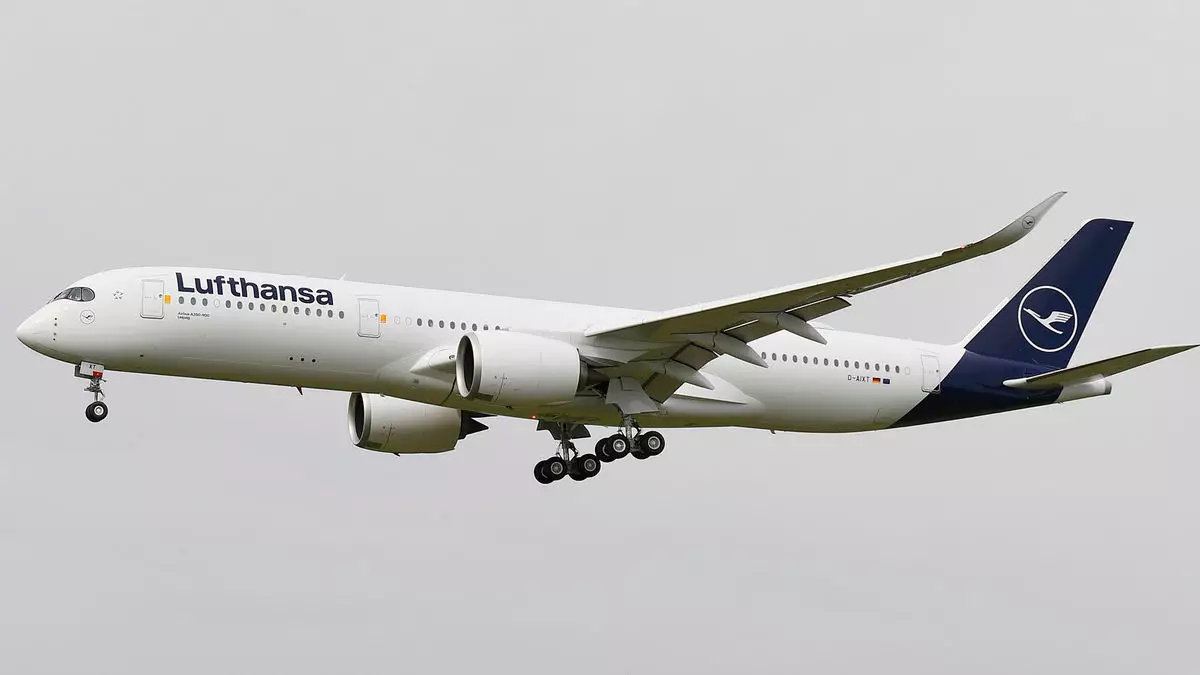Lufthansa Group recently announced that they will be implementing an “environmental cost surcharge” for flights, ranging up to 72 euros per flight. This decision comes as a response to the increasing costs associated with meeting new green regulatory rules for airlines. The surcharge will be applicable to all tickets issued from June 26 onwards, with departures starting from January 1.
The airline group cited “steadily rising additional costs due to regulatory environmental requirements” as the driving force behind the implementation of the environmental surcharge. These costs stem from various regulations, including the EU’s new 2% blending quota for sustainable aviation fuel (SAF) from 2025, adjustments to the EU Emissions Trading System, and compliance costs with CORSIA (Carbon Offsetting and Reduction Scheme for International Aviation).
The environmental charge will be applied to all flights sold and operated by Lufthansa Group departing from the 27 EU member states, the U.K., Norway, and Switzerland. The surcharge amount will vary depending on the flight route and fare, ranging between 1 and 72 euros. Customers will be able to see the exact charge in the price details on booking pages.
In a statement, Lufthansa Group emphasized that they have been investing billions in new aircraft and other sustainability measures to make flying more environmentally friendly. However, the company expressed that it cannot bear the increasing additional costs resulting from regulatory requirements alone, leading to the introduction of the environmental cost surcharge.
Last year, Lufthansa Group CEO Carsten Spohr had warned that European airlines might have to raise fares to cover the costs of using SAF, potentially risking losing traffic to non-EU carriers. This highlights the challenges that airlines face in balancing environmental sustainability with financial viability in the current regulatory landscape.
Overall, the introduction of the environmental cost surcharge by Lufthansa Group reflects the ongoing efforts within the aviation industry to address environmental concerns and comply with green regulations. While the surcharge may lead to increased costs for passengers, it underscores the need for airlines to adapt to a more sustainable future.

